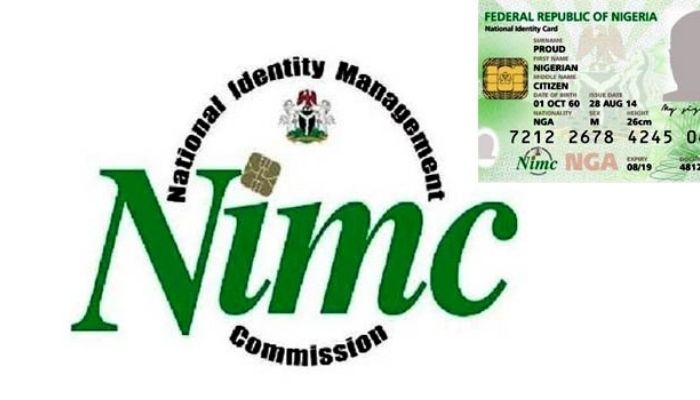The Federal Government has unveiled plans to launch a multipurpose national identity card.
The identity solution would provide payment capability for all social and financial services.
According to a statement, the initiative is a collaboration between the National Identity Management Commission (NIMC), the Central Bank of Nigeria (CBN), and the Nigeria Inter-bank Settlement System (NIBSS).
NIMC explained that the initiative, powered by AfriGO, a national domestic card scheme established under the NIMC Act No. 23 of 2007, is poised to become the country’s default identity card, with features aligned with International Civil Aviation Organisation (ICAO) standards.
“This card will not only serve as a means of physical identification but will also grant holders access to government and private social services, facilitate financial inclusion, and empower citizens to participate more actively in nation-building.,” it said.
According to reports, a key highlight of the card’s functionalities is its dual-purpose nature. Besides being a reliable form of identification, users can link their bank accounts, functioning as a debit or prepaid card.
NIMC stated that this feature is expected to provide vital financial access to Nigerians who were previously excluded from mainstream banking and financial services.
NIMC further stressed its commitment to data protection, and ensuring that cardholders’ information is safeguarded in compliance with international data security standards.
Highlighting key features, the commission said the machine-readable zone conforms with ICAO standards for e-passport information.
NIMC stated, “Identity card issue date and document number in line with ICAO standard. Additional features include travel, health insurance information, microloans, agriculture, food stamps, transport, and energy subsidies, etc.
“Offline capability that allows transactions in areas with limited network coverage or zero infrastructure connectivity, and functionality as a debit and prepaid card catering to both banked and unbanked individuals.”


